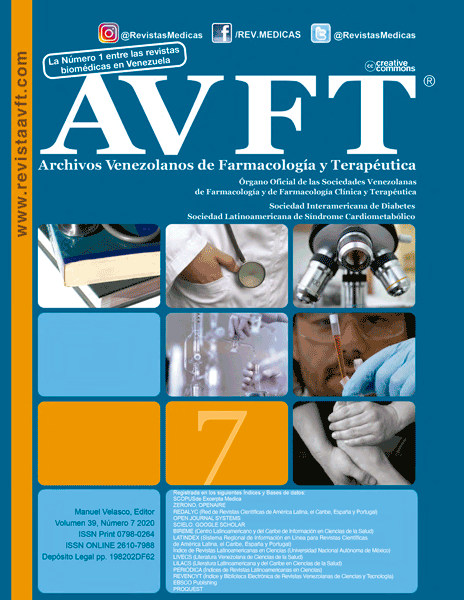The role of phonological loop in working memory: a visual-related experiment
Palabras clave:
phonological loop, working memory, articulatory controlResumen
The mixed methods study presented in this paper investigates the role of the phonological loop in working memory. This research article examines the effects of the phonological loop by using mental tasks among Master of Arts (MA) university students of different nationalities. The phonological loop has consisted of two components. The first is the phonological store which is associated with the perception of speech, and the second is the articulatory control process which is related to the production of speech. As a research tool, a visual-related task is used, including two lists of words A and B with various numbers of syllables. Through an iterative process, common concepts emerge that give rise to dominant emerging themes such as imagination, mental rehearsal, association, personal strategies, time, emotions, psychological factor. According to most of the participants, they rehearse the words several times from the list of words A which marks the existence of articulatory control in the phonological loop. However, this component of the phonological loop is not fulfilled in this experiment when the students started to perform the experiment from List B. The conclusion can be elicited that the phonological loop does not play a role in this case.




